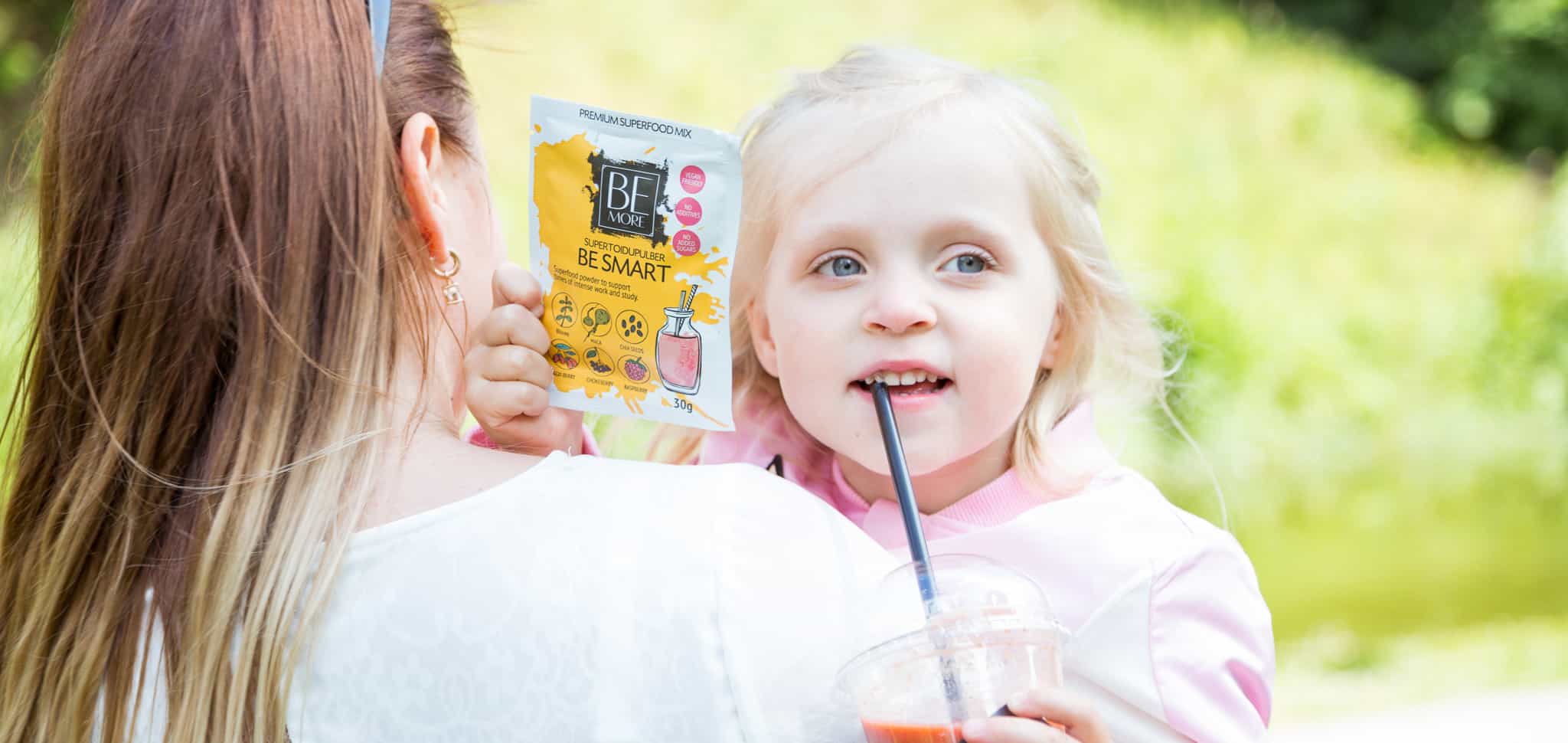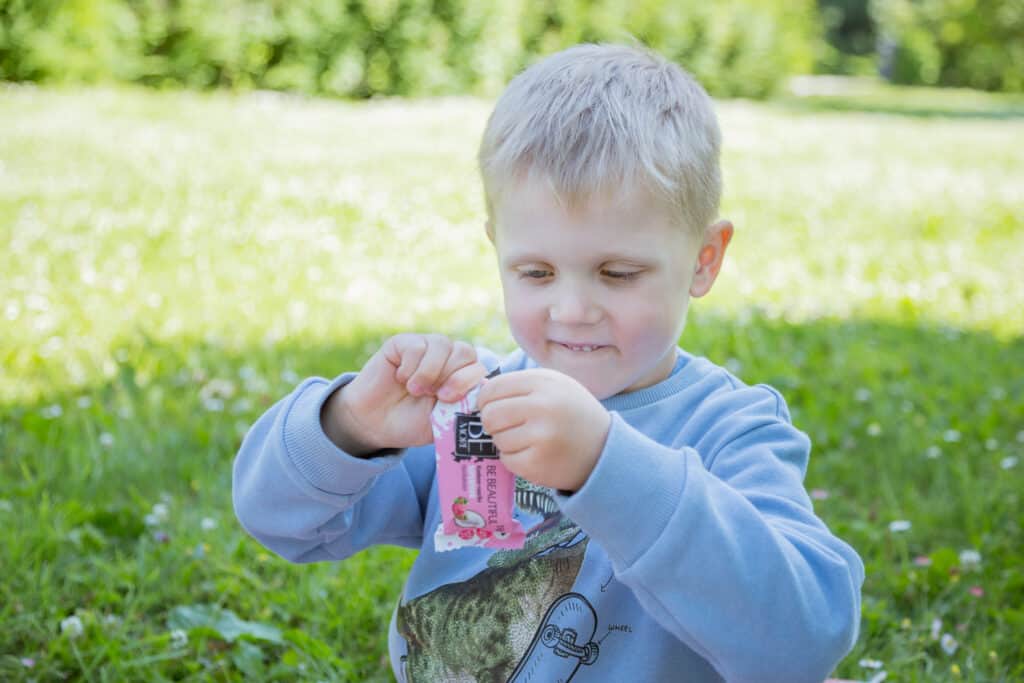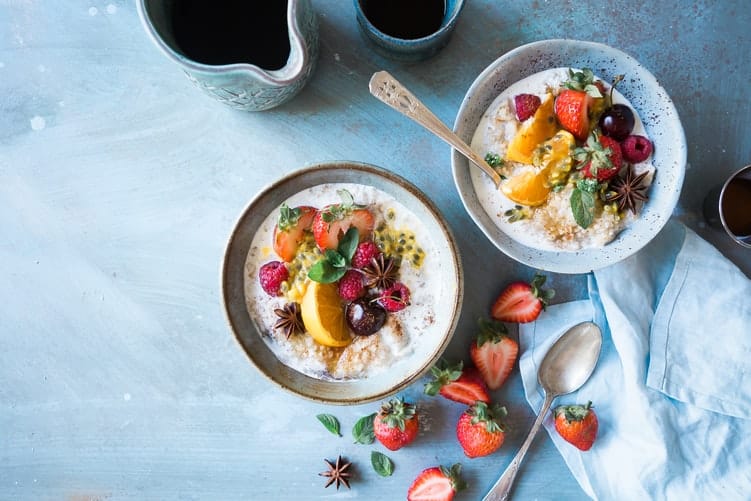Easy steps to boost child’s immunity
1. January, 1970

Lifestyle
For children, the first major exposure to bacteria is during birth. From then on, exposure to microorganisms is continuous. As the child grows, the immune system is being shaped by viruses and infections – they stimulate and boost the system. Therefore, having developed a fully effective immune response in early childhood, it maintains the health of the individual during his life. Healthy lifestyle – adequate sleep, outdoor activity and a healthy diet – may strengthen your child’s body natural defenses.
Children need to get enough sleep. Studies show, that children who don’t get enough sleep can end up with behavioral, learning and concentration problems. School-aged children should get 8-13 hours of sleep, smaller children 11-16 hours. You can help your child to get enough sleep by establishing sleep routines and keeping them on weekends and vacations as well. Set a non-negotiable bedtime and start the routines about an hour earlier, because no one can go from intense activity right to sleep, and the child needs time to wind down. Shut off the screens like phone, computer and TV, because the blue light emitted from them can wake up the brain and make it harder to fall asleep.
To improve your child’s health, make sure he spends plenty of time playing outside. In addition to socialization, development of creativity and learning other useful skills, spending time outside stimulates the production of Vitamin D, even when it is not sunny. Vitamin D plays a crucial role in many body processes, including boosting immunity. Deficiency may cause sensitivity to germs and diseases. Also, active children remain in healthy weight and are rarely obese.
A healthy diet is also important. Your child needs lots of energy for growth, development, everyday activities and fighting germs and thus it is important to get all nutrients from food. Variety is key here.
Whole plant foods like fruits, vegetables, legumes, nuts and seeds are rich in nutrients and antioxidants that may help decrease inflammation and thus give an upper hand against harmful pathogens. You can add them to smoothies or porridges for example. Superfoods are also great sources of vitamins – add to your child’s porridge or smoothie couple of spoons Be Smart or Be Active superfood mix so that he would get needed nutrients. Healthy fats are also important – they are found in nuts, seeds (for example chia seeds), olive oil, fatty fish. They may boost your body’s immune response to pathogens by decreasing inflammation.
Sweets, snacks, soft drinks contain lots of added sugars and make your child’s body acidic and more sensitive to diseases. Added sugars and other sweets contain a lot of energy, but little nutrients. They are fast-acting carbs that are converted into energy really quickly and usually, the body doesn’t need that much right away, so the excess energy is processed into fat and stored in your child’s body. That can lead to obesity in time. Extra weight may likewise increase the risk of getting sick. The best snack choice for children is always fresh fruit and vegetables. Kids tend to eat them better when skimmed and chopped. You can also make healthy snacks without added sugar yourself, for example raw sweets with dates and nuts. But when out of time, try Be More superfood raw bars.
The immune system is also influenced by bacteria, which populate the digestive tract, in other words microbiome. Fermented foods are good for a child’s microbiome because they are rich in beneficial bacteria called probiotics. In addition to sauerkraut, fermented dairy products like natural yoghurt and kefir are also good sources of probiotics. You can make yoghurt and kefir more attractive and colourful for children by adding fruits, berries or Be More superfood mix.
And last but not least – proper hydration. Hydration doesn’t necessarily protect your child from germs and viruses, but it is definitely important to your overall health – it supports digestion, heart and kidney function, improves focus and mood and also can decrease your susceptibility to illness.
Written by nutritionist Julia Bõstrova
References:
https://www.ncbi.nlm.nih.gov/pmc/articles/PMC4707740/
https://www.health.harvard.edu/blog/6-reasons-children-need-to-play-outside-2018052213880
https://www.healthline.com/nutrition/how-to-boost-immune-health#5.-Limit-added-sugars
https://www.healthline.com/nutrition/11-super-healthy-probiotic-foods
https://www.health.harvard.edu/blog/four-ways-to-help-your-child-get-enough-sleep-2017092612472



